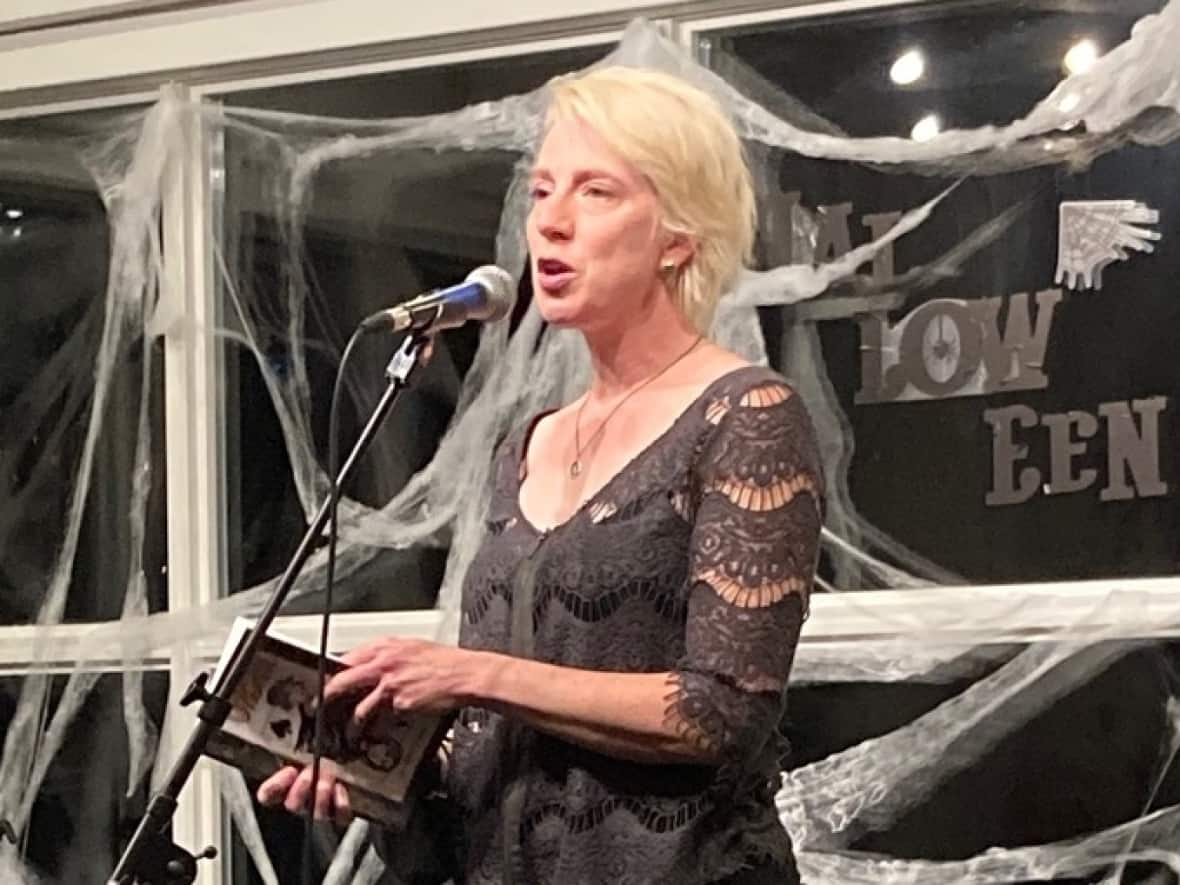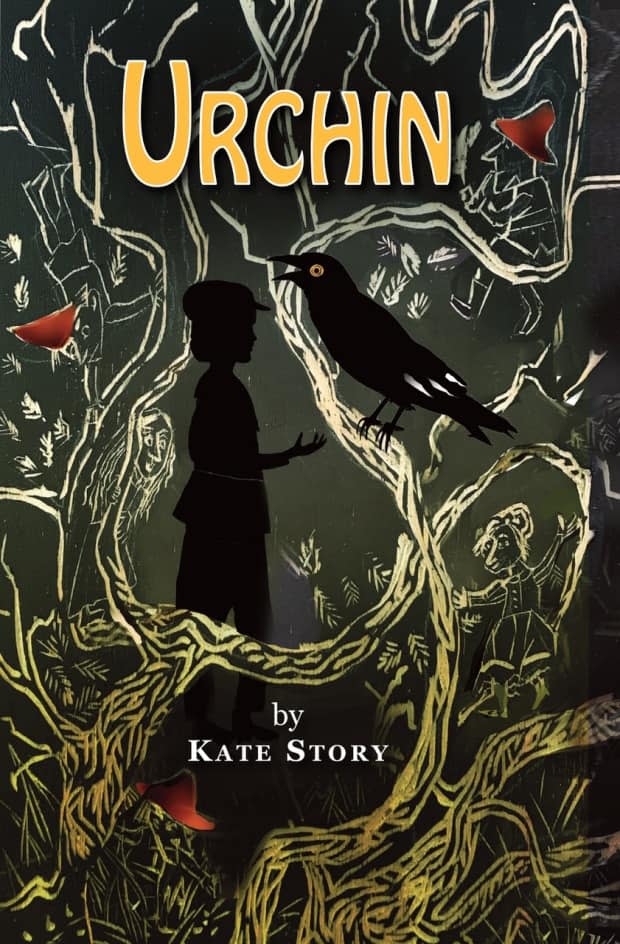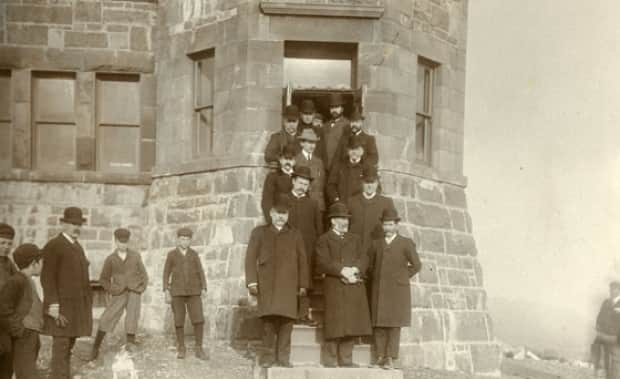In Kate Story's new novel Urchin, science can be magic, and a girl can be a boy

What do Marconi and H.G. Wells have to do with fairies? A new young adult novel by Kate Story has created their common ground, and it's on the south side of St. John's.
Urchin is a tale about the in-between spaces where science and fiction and magic all get equal airtime. Into this mix runs Dorthea, a girl who discovers a new identity as a boy named Jack, an identity that feels like a better fit.
Story credits Marnie Parsons of Running the Goat Press for the initial spark for Urchin.
"She said, very specifically, she wanted me to write young adult fantasy, set in Newfoundland, historical, with fairies, and I was thrilled."
From this creative prompt, Story created a bustling St. John's of 1901, where writers and performers and politicians mingle with an Italian scientist named Marconi. The central character, the pubescent Dor, lives in a spooky house that sits on a fairy path. Dor is secretly reading H.G. Wells's The War of the Worlds in instalments in a women's magazine, while scheming about how to get in on the Marconi action at Cabot Tower.
Story, who spent her childhood on the southside hills of St. John's in the 1970s, describes her childhood home as a place where politics and arts and music all mingled.

"I think I took a lot from my own life and transplanted it back 70 years, to be Dor," she said.
Story is the daughter of Alice Story, author of Phoebs and Beneath the Barrens, and George Story, whose many accomplishments include the Dictionary of Newfoundland English. In her real-life spooky house on the city's south side, she was exposed to academia and science and fairy lore and ghost stories in equal measure.
"My dad had two experiences of being fairy-led … and my mother, she was quite prone to seeing ghosts," said Story, adding that she's not a science-denier but an awareness of "ghosty stuff and the little people" was in the air as she was growing up.
"Dor says at one point to Mary, 'Get in out of the fog before the fairies get you.' I used to hear that growing up. Kind of a joke, but kind of… was it?"
The space between girls and boys
To gain access to the events on Signal Hill, Dor dons boys' clothing and assumes the name "Jack" to work as a newspaper errand boy. This shift in persona has a profound effect on Dor and awakens new ideas of how they might exist in the world.
A similar profound effect occurred during the writing of Urchin.
"I didn't want to write a trans person's story because I'm not trans," said Story, who identifies as genderqueer, but the process of writing about Dor/Jack challenged her to examine more closely her own identity.
"I wanted to make sure it was coming from my own experience."
As a young person who is just beginning to experience these questions in their own life, Dor/Jack has questions about gender but hasn't yet arrived at any firm answer, which resonates with Story's own experience.
"I don't have any answers yet, I think some of us there's not quite a word to describe."

The Marconi connection
Story says her novel reflects the ways science and art were more connected a century ago than they are today. At that point in history, while H.G. Wells was writing science fiction, Guglielmo Marconi was bringing the speculative into scientific reality.
Beyond achieving wireless communication across the Atlantic, she said, Marconi "thought about his own experiments and how it might have these kinds of extraterrestrial applications down the road."
Story found the historical figure of Marconi to be a good fit for the gender questions she was exploring.
"He did become a fascist," she said. "One of the first things they do is control gender and sexuality."
With this knowledge of his life history, she was able to build tension in scenes where he becomes aware of Dor's secret. Story was deliberate in grounding her novel in her own experience but, she said, "I hope there's room in the text for people of different identities to find a little glimpse of their experience."
While Urchin is a YA novel and explores the concerns of a child becoming a teenager, imaginative folks of any age will find something to keep them turning the pages.


